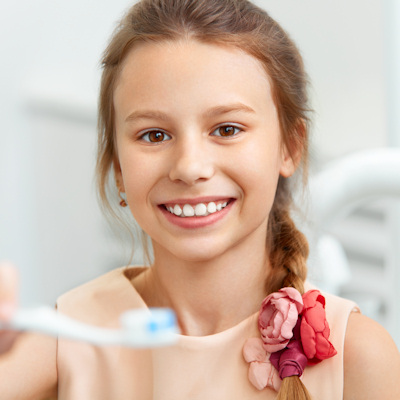
Everyone knows that physical activity has innumerable benefits, such as improving your muscle mass, reducing your risk of heart disease, strengthening your bone density, etc. But when people think of physical exercise improving their bodies, they aren't typically thinking of it improving their oral health.
However, one article that was published last spring says that exercise can reduce gum disease and reduce the link to other secondary illnesses that affect the oral cavity:
Positive Impact of Exercise on dental health
Regular Exercise Prevents Gum Disease
A study published in the Journal of Dentistry in 2005 found that regular exercise can help lower the risk of contracting periodontitis, or gum disease. After studying the relationship between gum disease and physical activity, the report concluded that exercising regularly is associated with lower risk of developing gum disease. In fact, the people who regularly worked out and had never smoked were 54% less likely to have periodontitis compared to those who reported no regular physical activity. A National Health and Nutrition Examination Survey also found that even partially active people (exercising 3 times or less per week) were 33% less likely to have periodontitis than those who do not exercise.Correlation between BMI and Oral Health
Maintaining a healthy BMI (body mass index) is actually very beneficial for your oral health. Health issues associated with obesity like hypertension and diabetes are known for contributing to poor oral health. In fact, a study in The Journal of Periodontology from the University of Florida conducted a study to find the affect that weight has on dental health. Researchers looked at BMI, body fat percentage, and oxygen consumption to assess how healthy each participant was. According to the study “Individuals who maintained normal weight, engaged in the recommended level of exercise, and had a high-quality diet were 40% less likely to have periodontitis compared to individuals who maintained none of these health-enhancing behaviors.”
Since the aim of dentistry is to focus on preventative methods before resorting to restorative options, it's in your best interest to add exercise to other good habits like daily brushing and flossing. For other preventative treatments that can help, check out lagunavistadental.com/services/preventive-dentistry/.
Not only is exercise beneficial to patients' oral health, but it is beneficial to dentists and their practices. Dental student Jeffrey Asano says that dentists should make exercise a priority since it can help you relieve the stresses of the profession while in school and at your future practice. Furthermore, he says that some of his exercises have actually improved his skill set:
Outdoor Hobbies Might Just Improve Your Dentistry
For me, backpacking is a great avenue to escape the stresses of dental school. It offers a moment of peace to reflect in nature, which can significantly improve your mental health as well as provide a means for physical exercise. Since nearly everyone can walk, backpacking is an accessible activity for many people. Hiking trails for beginners are as short as one mile and those seeking a challenge can tackle trails as long as 20 miles. No matter the length of the trail, backpackers from all physical fitness levels are welcome to move at their own pace. The best part of backpacking is that it offers so many ways to feel accomplished. For some, enjoying the journey is more satisfying than reaching the destination. However, my favorite aspect is finding hidden gems along the trail, such as a waterfall or a famous bouldering location.
While backpacking hiking trails is my way of relaxing, bouldering is my way to improve strength. Bouldering is a great alternative to those who find going to the gym too repetitive. Plus, building your grip strength through climbing has benefits that can be applied to practicing dentistry. Improving finger strength can help steady your hands for deep cleanings, applying rubber dams, holding a handpiece or even torquing implants. For those who enjoy the social aspect of hobbies, bouldering has a close-knit community that encourages camaraderie and mutual support for other climbers . . .
Although these kinds of exercise benefits may seem minute in comparison to others, they can really add up in the long run. Dental practitioners will be better equipped to deal with the stresses and physical activity required at work, and patients will have better chances of only needing preventative services.
The blog post Exercise Can Improve Dental Health & Your Dentist’s Skills is republished from: Laguna Vista Dental - Dentist Office
Laguna Vista Dental
7915 Laguna Blvd, Ste 150
Elk Grove, CA 95758
(916) 684-3105
lagunavistadental@gmail.com
Google My Business Listing
Google Map
Directions to our office
Yelp Page






